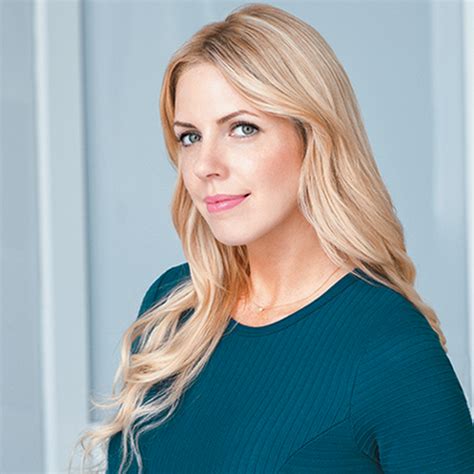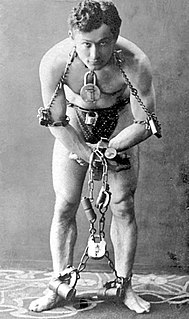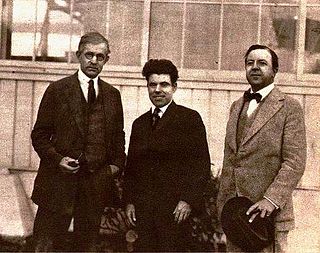A Quote by Truman Capote
That's all a writer has to write about - what he sees and hears and what not.
Related Quotes
I never learned to be a writer. I never took screenwriting courses. I never read anyone's scripts. As a writer, my only guiding principle has been to write about things that scare me, write about things that make me feel vulnerable, write about things that will expose my deepest fears, so that's how I write.
I don't buy into the idea that an Irish writer should write about Ireland, or a gay writer should write about being gay. But when I found the right story, I saw it as an opportunity to write about being a teenager and being gay. Most people, whether you're gay or straight or whatever, have experienced that relationship where one person is much more interested than the other.
The most difficult thing about living as a writer is precisely 'having to write.' Pretending to be a writer is easy. Living freely, reading many books, going on frequent trips, cultivating minor eccentricities... but genuinely being a writer is difficult, because you have to write something that will convince both yourself and readers.
Everyone tells you to write what you know. It’s the tried-and-true advice every writer hears at some point in her career. But to take my writing to a deeper level, I’ve found that a better practice is to simply write what frightens you, haunts you, even. I now keep a sign on the bulletin board in my office that reads: 'Write What Scares You.' I’ve learned that tapping into the hard stuff — whether it’s the fear of loss or a boogeyman lurking in childhood memories — is what ultimately gives a story the power to leap off the page and grab you by the collar.
The imaginative young vagabond quickly loses the social instincts that help to make life bearable for other men. Always he hears voices calling in the night from far-away places where blue waters lap strange shores. He hears birds singing and crickets chirping a luring roundelay. He sees the moon, yellow ghost of a dead planet, haunting the earth.
Although I write in English, and despite the fact that I'm from America, I consider myself an Armenian writer. The words I use are in English, the surroundings I write about are American, but the soul, which makes me write, is Armenian. This means I am an Armenian writer and deeply love the honor of being a part of the family of Armenian wrtiters.
I say "on principle" [regarding 'lesbian writer'] because whenever you get one of your minority labels applied, like "Irish Writer," "Canadian Writer," "Woman Writer," "Lesbian Writer" - any of those categories - you always slightly wince because you're afraid that people will think that means you're only going to write about Canada or Ireland, you know.
I could never write about the sort of people John Cheever or John Updike or even Margaret Atwood write about. I don't mean I couldn't write as well as they do, which of course I couldn't; they're great writers, and I'm no writer at all. But I couldn't even write badly about normal, neurotic people. I don't know that world from the inside. That's just not my orientation.






































